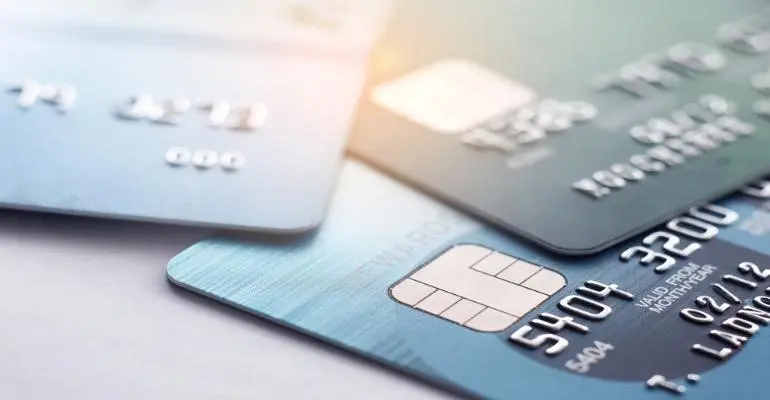In recent years, credit cards in the UK have become a pivotal tool in enhancing access to personal financing. With the evolution and expansion of financial products, individuals now find it easier to manage their finances, thanks to the capabilities offered by these financial instruments. The question often arises, can credit cards be used for financing purposes?
The answer is yes, and understanding how these cards facilitate access to personal credit can empower consumers to make informed financial decisions. As credit cards become increasingly integrated into our daily financial routines, comprehending their role in personal financing is crucial. This post will delve into the mechanics of how credit cards in the UK make access to personal financing more attainable.
Page Contents
ToggleHow credit cards enhance personal financing access

Credit cards are no longer just a mode of payment; they have evolved into significant financial tools that provide users with various financing options. One of the primary ways credit cards facilitate access to financing is through credit limits. These limits provide cardholders with a pre-approved amount of money they can borrow, effectively acting as a line of credit. Consumers can use this line for various personal needs, from unexpected expenses to planned purchases.
Another important aspect is the ability of credit cards to offer interest-free periods. Many cards provide a window during which the borrowed amount can be repaid without incurring any interest charges, allowing users to finance short-term expenses without additional costs. Furthermore, credit cards often offer promotional interest rates, such as 0% on balance transfers or cash advances, presenting an opportunity to manage and consolidate debt under more favorable terms.
Utilizing credit cards for financing
The potential to use as a financing tool hinges on their inherent features, such as credit limits and interest rates. Some consumers leverage their credit cards to cover significant expenditures that they might not be able to afford upfront, breaking down payments into manageable portions over time. Moreover, promotional offers from credit card companies, such as 0% interest on purchases for an introductory period, can provide a cost-effective solution for financing purchases. These offers allow consumers to make large purchases and gradually pay them off without incurring interest, as long as they clear the balance within the promotional period.
Building credit with responsible usage
Responsible credit card usage can significantly bolster an individual’s creditworthiness, which is a crucial element when it comes to accessing other forms of financing. Regular usage with timely repayments not only avoids unnecessary interest charges but also contributes to a positive credit history. This financial behavior plays a vital role in establishing creditworthiness for future loans. Additionally, keeping a low credit utilization ratio—a measure of the credit card balance relative to its limit—can further enhance one’s credit score. Credit agencies favor borrowers who demonstrate careful credit management, and maintaining a low utilization ratio is key to achieving this.
Weighing the advantages and disadvantages
While credit cards offer numerous benefits in accessing personal financing, they also come with certain potential drawbacks. Understanding these pros and cons is essential for making informed financial decisions. On the upside provide flexibility and the ability to manage and track expenses with convenience. On the downside, the risk of accruing debt due to high-interest rates once promotional periods end is a significant concern. If balances are not paid in full, cardholders may find themselves incurring substantial interest charges, leading to financial distress. This risk underscores the importance of responsible utilization and awareness of credit terms.
Considerations for maximizing benefits
To fully leverage the advantages credit cards offer in accessing personal financing, it is vital for users to consider certain strategies. First and foremost, understanding the terms and conditions of the card, especially regarding interest rates and fees, can equip cardholders with knowledge to avoid pitfalls. Additionally, maintaining a discipline of paying off the balance in full each month or adhering to promotional period stipulations can mitigate the risk of falling into debt.
Moreover, keeping track of spending by reviewing statements regularly helps in monitoring financial health and adjusting spending habits as necessary. Utilizing tools such as budgeting apps and reminders for payment due dates can ensure payments are made on time, preserving credit health and avoiding penalties.
Final thoughts on credit card usage
In conclusion, credit cards in the UK present a viable avenue for accessing personal financing, offering flexibility, and an array of features to meet diverse financial needs. While the potential for accruing debt exists, with responsible management and a strategic approach, the benefits of credit card usage can significantly outweigh the risks.
Understanding the intricacies of how credit cards operate, from credit limit dynamics to reward systems, enables consumers to navigate the financial landscape confidently. As the role of credit cards continues to expand in personal financing, staying informed about the latest offers and trends is crucial for optimizing their benefits.




